New era dawning for student athletes
Updated: 2016-08-23 07:41
By Sun Xiaochen(China Daily)
|
||||||||
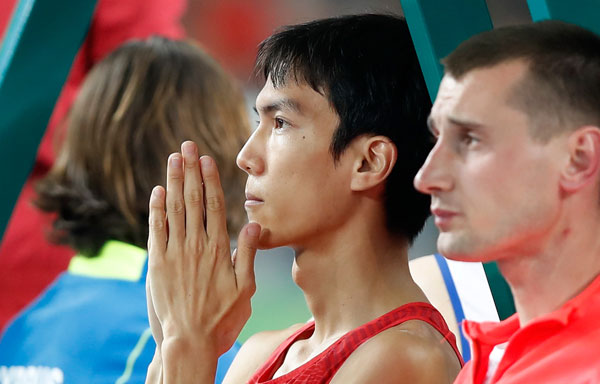 |
|
Wang Yu |
His bookish face shielded by plain glasses, Wang Yu looks pretty much like any other student attending Tsinghua University.
But the lanky young man stands out from his peers as one of China's very few student athletes to have taken sporting talent from the campus to the Olympics.
High jumper Wang, one of 56 members of China's national athletics team, did not qualify for the final in his event, but his appearance in Rio signifies an evolution of the traditional State-run sports system to more diversified programs of talent cultivation.
"I think developing my talent at college, not through the traditional sports system, has advantages," said Wang.
"The traditional way is not bad, but combining education and athletic training appeals to youngsters nowadays," he said after the Rio qualifying round on Aug 15.
Born in Zhuhai, Guangdong province, Wang started high jump training at 17 when he was attending high school in Beijing.
His talent enabled him to be enrolled at Tsinghua, a top university with strict academic requirements.
Wang is majoring in accounting, and a typical school day starts with morning classes, followed by three hours of training on the field and then self-study sessions at night.
The 25-year-old said some of the things he's learned in class, such as the laws of physics and time management, have helped him with his training.
Highlights of Wang's competitive career include the high jump title at the 2013 IAAF World Challenge Beijing and a gold medal at the 2013 National Games.
"By staying in college you can choose to become a professional athlete or to develop a career as a normal person," he said.
Initiated in the planned economy era, China's State-run sports cultivation system drafts talented children from primary schools into national camps or sports academies where they undergo rigorous training with limited opportunities for academic advancement.
Without adequate education, some athletes, particularly in events such as weightlifting and the marathon, have struggled to find jobs after retiring from their sport.
Their plight was highlighted by news that former world champion marathoner Ai Dongmei had to sell her Olympic medals in 2007 because she was unemployed and needed money.
sunxiaochen@chinadaily.com.cn
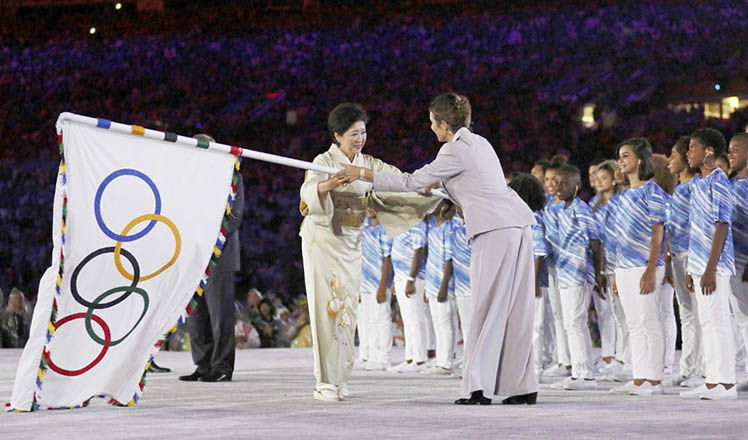
 Goodbye, Rio; hello, Tokyo
Goodbye, Rio; hello, Tokyo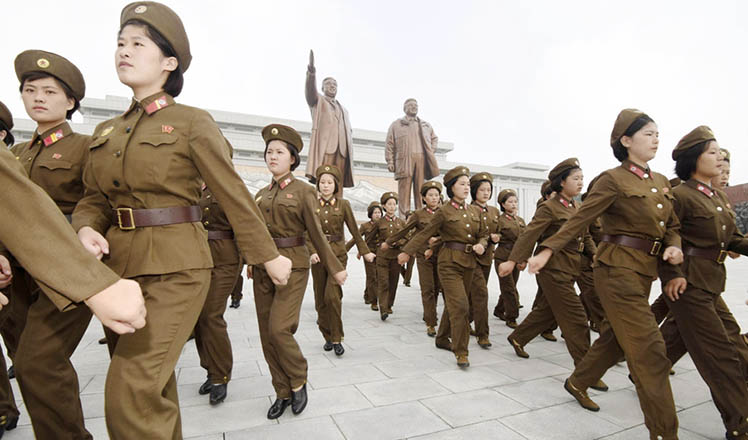
 The world in photos: Aug 15- Aug 21
The world in photos: Aug 15- Aug 21
 Kickboxing and throwing punches: Welcome to flight security training
Kickboxing and throwing punches: Welcome to flight security training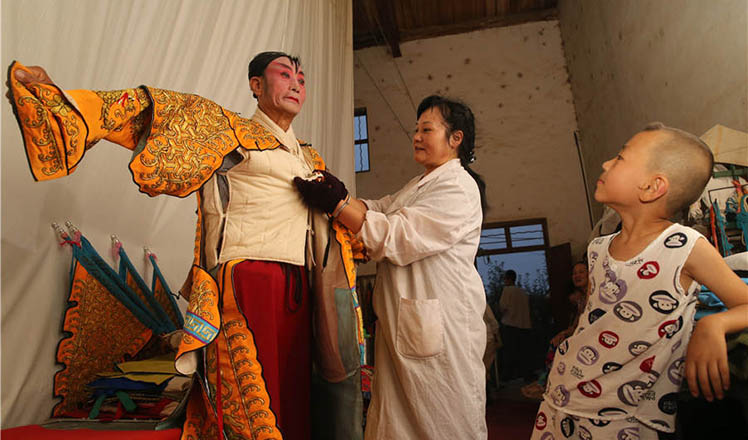
 Qinqiang Opera actors brave heat to bring smile to faces
Qinqiang Opera actors brave heat to bring smile to faces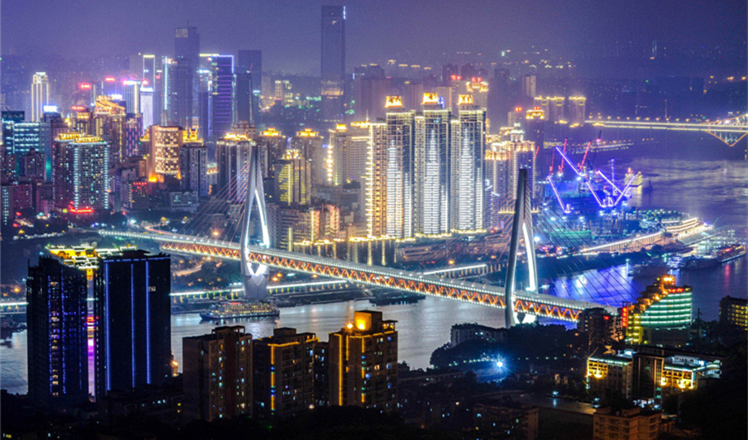
 Top 10 cities with highest GDP in H1
Top 10 cities with highest GDP in H1
 Chinese teenagers take gold, silver on 10m platform
Chinese teenagers take gold, silver on 10m platform
 US granted re-run to send China out of relay race
US granted re-run to send China out of relay race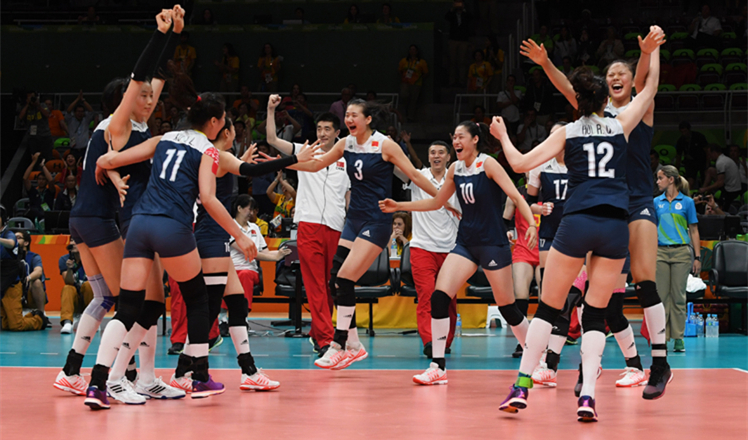
 China inches toward gold after beating Netherlands
China inches toward gold after beating Netherlands
Most Viewed
Editor's Picks

|

|

|

|

|

|
Today's Top News
Trump outlines anti-terror plan, proposing extreme vetting for immigrants
Phelps puts spotlight on cupping
US launches airstrikes against IS targets in Libya's Sirte
Ministry slams US-Korean THAAD deployment
Two police officers shot at protest in Dallas
Abe's blame game reveals his policies failing to get results
Ending wildlife trafficking must be policy priority in Asia
Effects of supply-side reform take time to be seen
US Weekly

|

|









